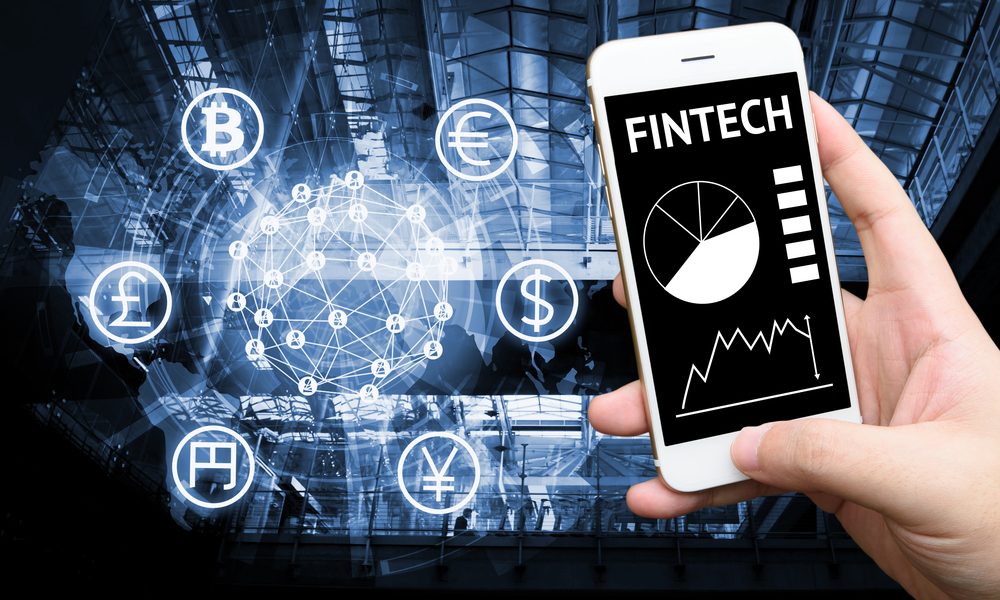
Mobile banking and FinTech have revolutionized the way people manage their finances. With the rapid advancement of technology, banking has become more accessible, convenient, and secure. This article explores the evolution of mobile banking and FinTech and how they have transformed the financial industry.
The Rise of Mobile Banking
Mobile banking emerged in the early 2000s when smartphones started gaining popularity. Banks recognized the potential of mobile devices to provide banking services to their customers on the go. Initially, mobile banking apps offered basic functionalities, such as checking account balances and transaction history.
Over time, mobile banking apps evolved to include more advanced features, such as fund transfers, bill payments, and remote check deposits. These advancements provided users with greater control and flexibility over their finances. Mobile banking apps also introduced robust security measures, such as biometric authentication and encryption, to protect sensitive user information.
The Impact of FinTech

The rise of FinTech companies further revolutionized the financial industry. FinTech refers to the use of technology to deliver financial services, including mobile banking. These companies leverage cutting-edge technologies, such as artificial intelligence, blockchain, and data analytics, to offer innovative financial solutions.
One of the significant impacts of FinTech is the democratization of financial services. Traditional banking often excluded individuals with limited access to financial institutions. FinTech companies bridge this gap by providing financial services to the unbanked and underbanked population through mobile banking apps. This has empowered millions of people worldwide to gain access to banking services, enjoy secure transactions, and build financial stability.
The Advancement of Mobile Payments
Mobile banking apps also paved the way for mobile payments. With the introduction of digital wallets, users can now make purchases with their smartphones or other mobile devices. This technology eliminates the need for physical cash or cards, making transactions faster and more convenient.
Moreover, mobile payment solutions have expanded beyond traditional retail environments. Peer-to-peer payment apps allow users to transfer money to friends and family instantly. This has transformed the way people split bills, pay for services, and contribute to group expenses.
The Future of Mobile Banking and FinTech
The evolution of mobile banking and FinTech shows no signs of slowing down. As technology continues to advance, we can expect more innovative features and services in the future. For instance, artificial intelligence could enhance personalized financial advice, while blockchain technology could revolutionize the security and efficiency of transactions.
Furthermore, the integration of mobile banking with Internet of Things (IoT) devices could automate financial management tasks. Smartwatches, for example, can provide real-time notifications on account balances and spending habits. This level of connectivity and automation will further streamline financial processes and empower users to make informed financial decisions.
The evolution of mobile banking and FinTech has transformed the way we manage our finances. These technologies have made banking more accessible, convenient, and secure. With the continuous advancement of technology, we can expect mobile banking and FinTech to shape the future of the financial industry, making financial services more inclusive and empowering individuals worldwide.




